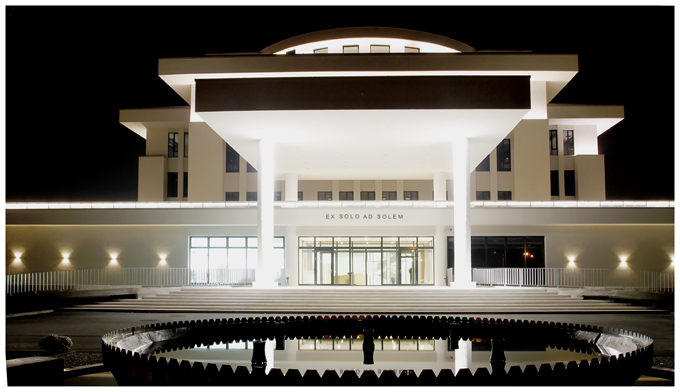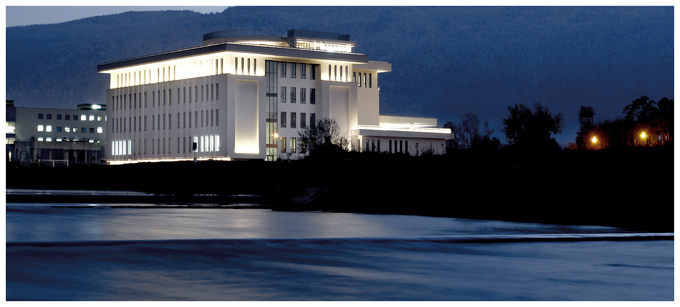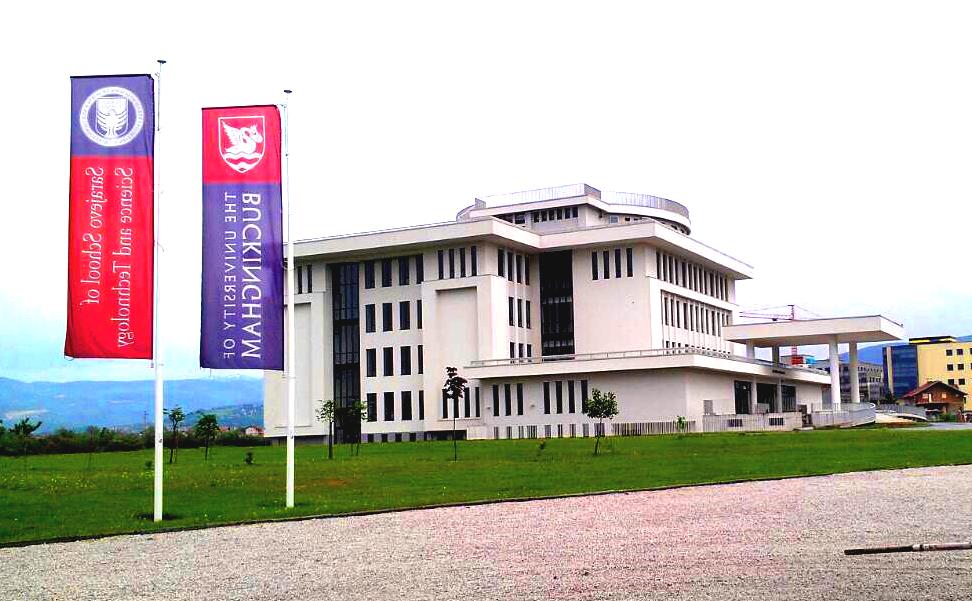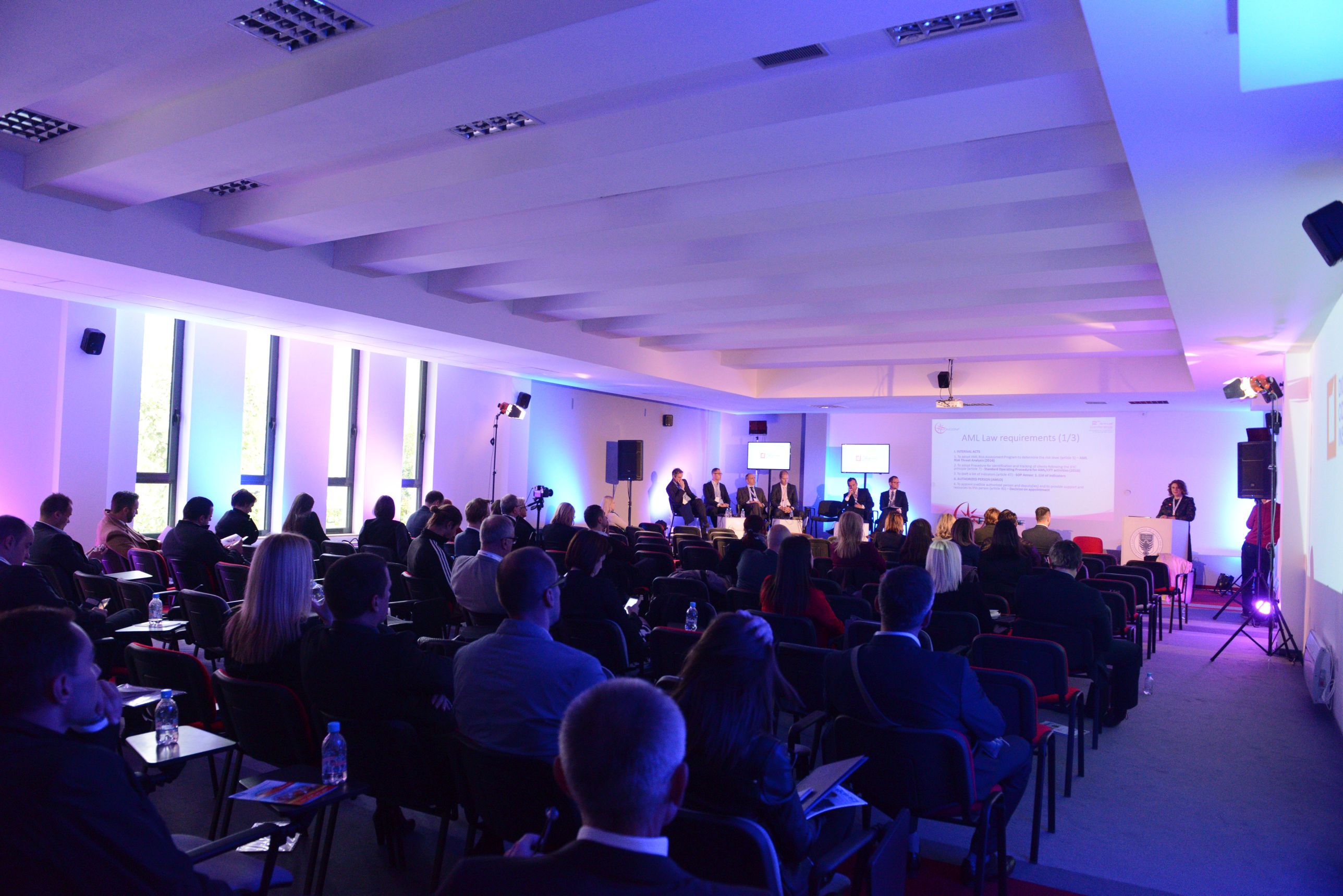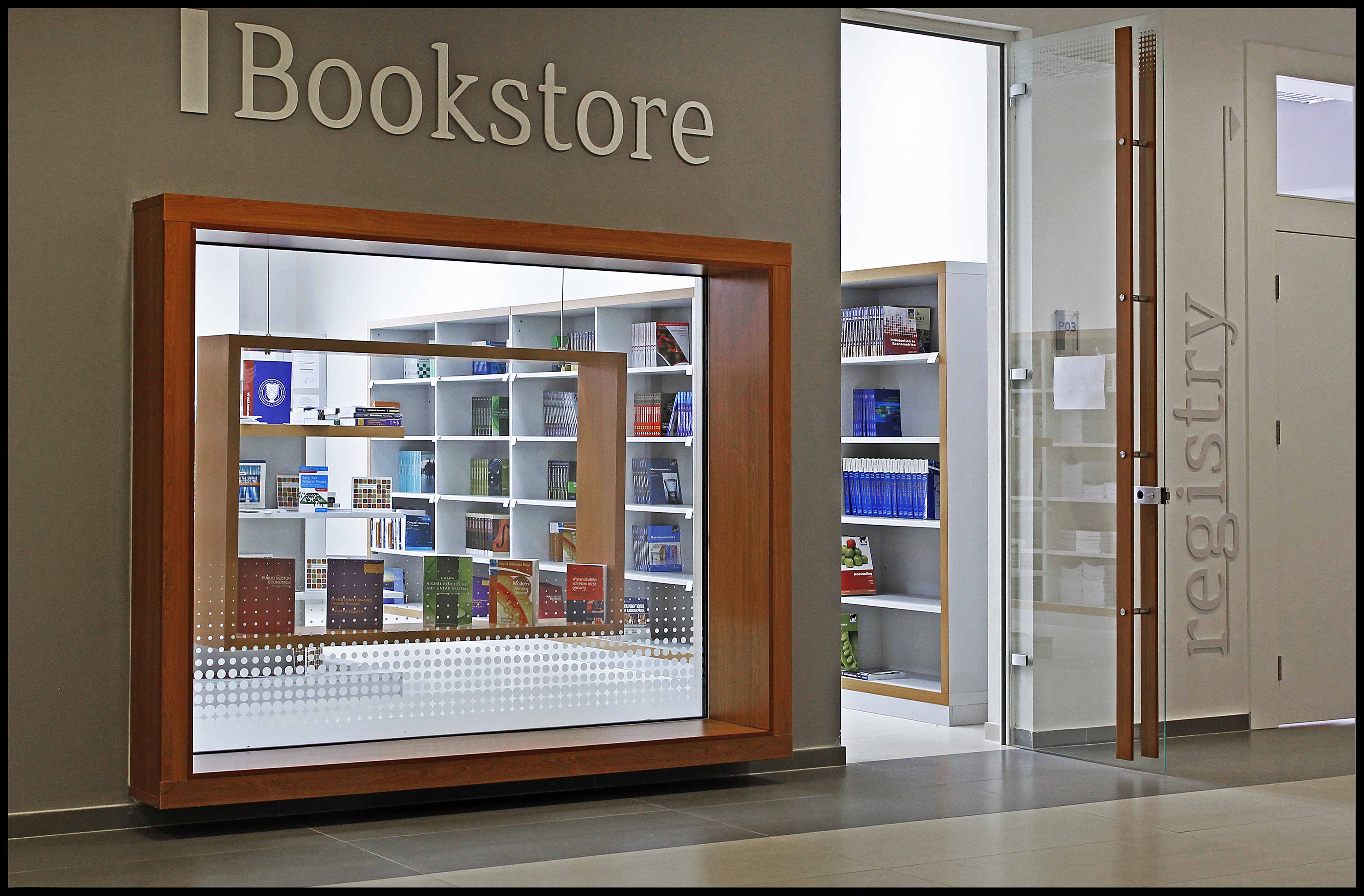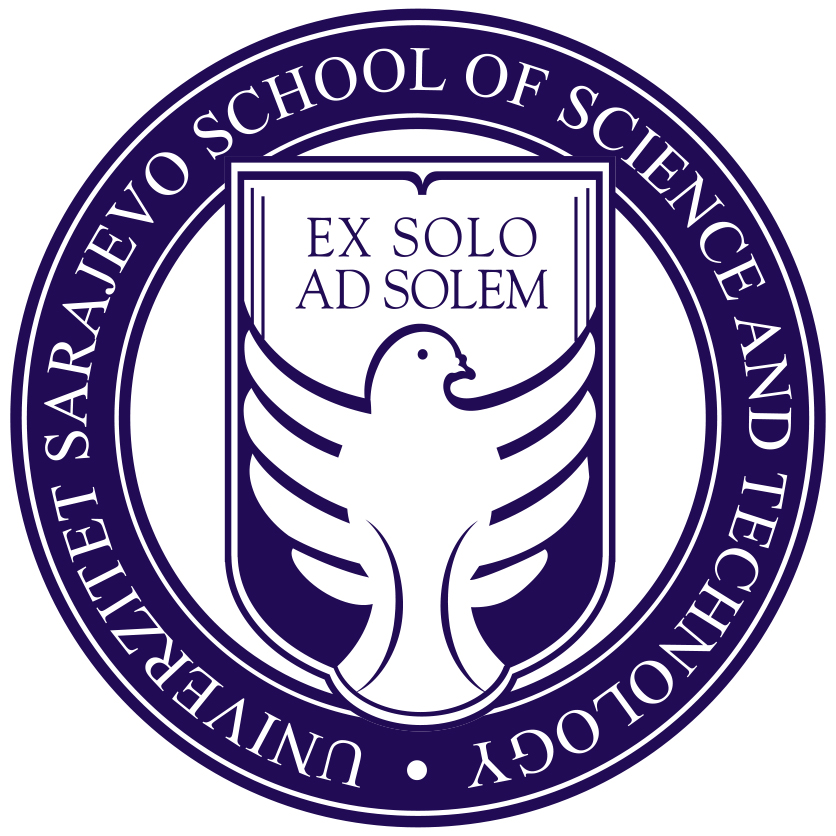
Professionalizing peacebuilding
Train. Transition. Transform.
In partnership with the Sarajevo School of Science and Technology, the inaugural Sarajevo Symposium will engage participants in contemporary theory and practice of post-conflict political transitions using current case studies (Colombia, Syria, and others) to reflect on the successes and failures of the former Yugoslavia with the actual decision-makers. Join us!
Train with experts to gain a deep understanding of post-conflict strategies in the areas of governance, security, economics, and justice & reconciliation. Learn which approaches have been successful, which failed, and which are beyond the reach of policy. In gaining a cross-sectoral perspective on post-conflict transitions, you will be able to transform conflicts around the world over the course of your career.
You will receive a Post-Graduate Certificate in “Managing Post-Conflict Transitions” upon completion of the course. You may choose to undertake additional rigorous assignments in order to earn a Post-Graduate Certificate in “Managing Post-Conflict Transitions with Distinction.” Transferable MA academic credit is also available to participants for a small additional fee.
A curriculum firmly grounded in experiential education.
IPSI’s methodology stresses hands-on experiential learning where representatives from the first world, the developing world, and conflict and post-conflict countries have the opportunity to actually make the decisions faced by current leaders. Through formal lectures, site visits (Srebrenica, Mostar, and more) and interactive simulations and workshops, attendees gain the skills necessary to strengthen legitimate institutions and governance to provide security, justice, and development and break cycles of violence; skills that are instrumental in ensuring long-term stability and preventing conflicts from recurring.
The world’s most informed and talented faculty.
The Sarajevo Symposium is not a normal classroom experience. Our participants learn directly about the realities of transition from the field’s most accomplished academics and practitioners who teach using their personal on-the-ground experience. [pictured left: Justice Richard Goldstone]
.
.
2017 Faculty

Ejup Ganić
Chancellor of the Sarajevo School of Science and Technology, Former President of the Federation of Bosnia and Herzegovina
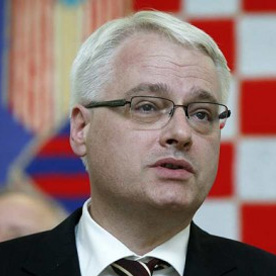
Prof. Dr. Ivo Josipović
President of Croatia 2010-2015
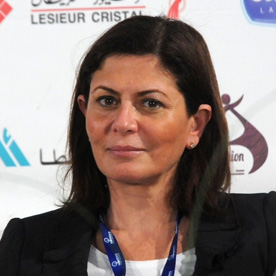
Hind Kabawat
Member of the High Negotiations Committee at the Syrian Peace Talks and University Professor
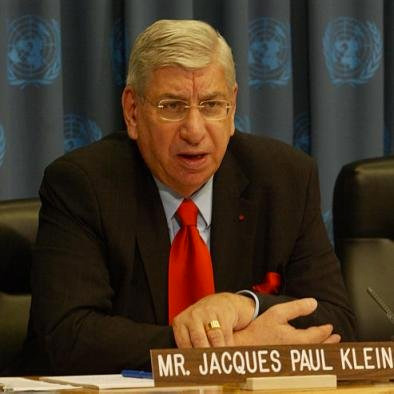
Amb. Jacques Paul Klein
Former UN Special Representative, United Nations Mission in Bosnia and Herzegovina
Former UN SRSG, Liberia
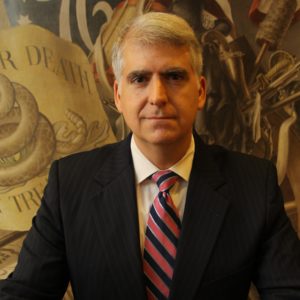
Raffi Gregorian
Former Principal Deputy High Representative, Supervisor of the Brcko District

Audra Dykman
International Transition & Conflict Consultant; USAID Office of Transition Initiatives
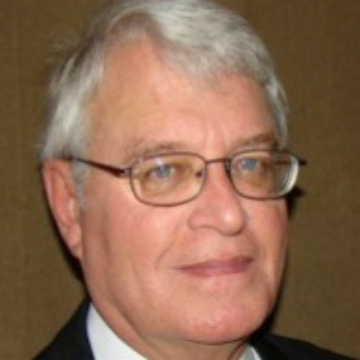
William Stuebner
Former Chief of Staff and Senior Deputy for Human Rights, OSCE Mission to Bosnia and Herzegovina
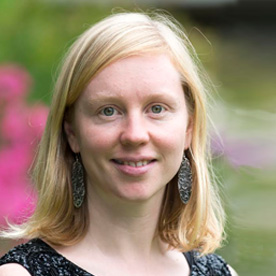
Dr. Jasmine-Kim Westendorf
Senior Lecturer in International Relations, Dept. of Politics and Philosophy, La Trobe University, Australia
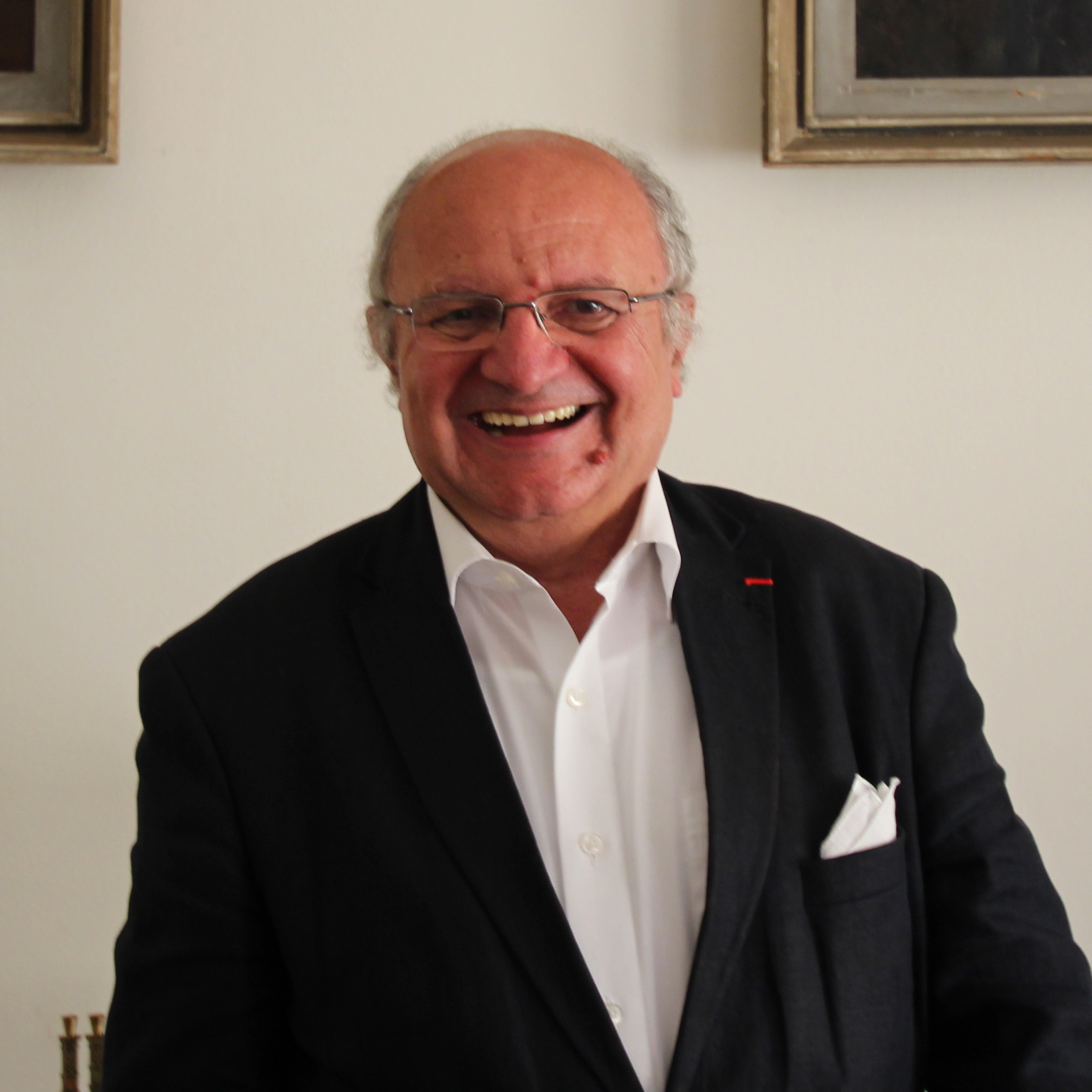
Jakob Finci
President, Jewish Community of Bosnia and Herzegovina
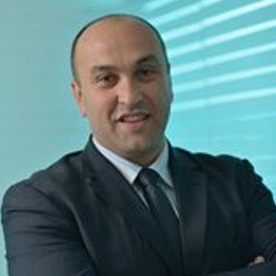
Edin Serezlic
Monitoring Officer for the Organization for Security and Cooperation in Europe (OSCE), Special Monitoring Mission to Ukraine
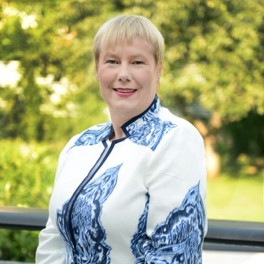
H.E. Christiane Hohmann
Ambassador of Germany to Bosnia and Herzegovina
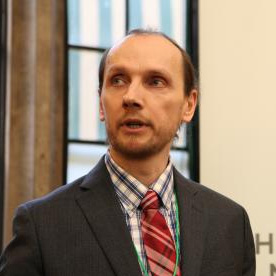
Kemal Pervanic
Executive Director Bridges of Peace, Author and Filmmaker, Death Camp Survivor

Dr. Sabina Čehajić-Clancy
Associate Professor of Political Psychology, Department of Political Science and International Relations, Sarajevo School of Science and Technology
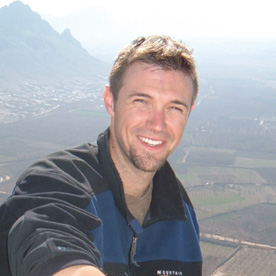
Kevin Melton
Senior Advisor for Countering Violent Extremism and Governance, International Peace & Security Institute, Creative Learning
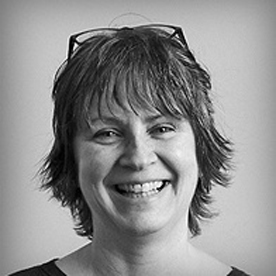
Carolyn Edgerton
International Criminal Lawyer, Former Prosecutor at the International Criminal Tribunal for the Former Yugoslavia
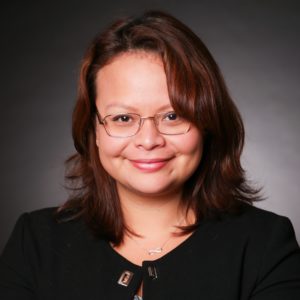
Dr. Sandra M. Rios Oyola
Lecturer in International Studies, Leiden University

Carrie Giardino
Political-Military Affairs Officer, U.S. Embassy Sarajevo
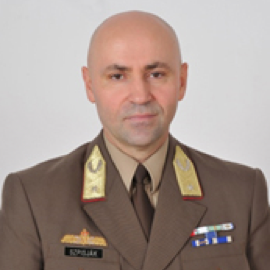
BGEN József Szpisják
Chief of Staff European Union Force
Event Space: Sarajevo School of Science and Technology
Classes are held at the Sarajevo School of Science and Technology, located in metropolitan Sarajevo, Bosnia and Herzegovina, within the town of Ilidža. Representing the largest private investment in education in Bosnia-Herzegovina in over two decades, the SSST campus offers the most modern teaching and conference facilities in the region, on par with the world’s leading Universities and conference centers. Collaboration with the University of Buckingham (United Kingdom) makes SSST subject to meeting the UK’s academic guidelines and standards.
Student-Trainer Network
By connecting participants to one another and to leading experts, IPSI provides an active and on-going forum for our alumni. Relying on the power of dialogue, networking, and collaboration inherent in our programming, IPSI catalyzes constructive discussions regarding peacemaking, peacebuilding, and human security. Through the diverse skills and regional expertise of its vast network, IPSI strives to be at the forefront of thought leadership in Peace & Security. In addition, IPSI’s Staff, Boards, and lecturers are available to help you plan and execute long-term career goals. [Pictured left: ICC Prosecutor Fatou Bensouda]
Application Process
STUDENT SELECTION: The IPSI Sarajevo Symposium strives to attract a diverse and accomplished student body from across the globe, especially peace and security leaders from conflict and post-conflict countries. A balanced and effective student body draws from a broad spectrum of regions, religions, and ethnicities. IPSI accepts young professionals, graduate students, and accomplished undergraduates, based on one or more of the following criteria:
- Stellar academic and/or professional achievement
- Keen interest in Peace & Security
- Proven record of leadership positions in community affairs
- Experience in/with government agencies
- Passion for learning
NEW! Successful applicants that attend the Symposium have the option to be added to the internal professional employment/consultant roster of IPSI’s sister organization Creative Associates International. As alumni, you will have the inside track for jobs in one of the most well respected and successful international development firms in the world.
Questions? Please contact sarajevo@creativelearning.org
HOW TO APPLY: To be considered for matriculation, you will need to provide the following materials via our online application form:
- Résumé or Curriculum Vitae
- Short essay (500 characters or less) on
- WHY you would like to attend the Sarajevo Symposium & WHAT you intend to do with the training received
- Contact information for two professional references
- 10 EUR application fee
Tuition & Deadlines: IPSI accepts applications on a rolling basis (acceptances are merit-based and spots are limited). Your tuition includes all academics, trainings, educational materials, and special events. Tuition does not include airfare, accommodations, or most meals. IPSI has negotiated extremely reasonable group rates for optional accommodations, which will be provided upon acceptance.
Standard Tuition: 2,799 EUR
Scholarship Tuition: 1,999 EUR (learn more >)
Optional MA Academic Credit (6 ECTS / 3 U-M): +200 EUR
Sarajevo Blog
Learn more about Sarajevo Symposium by reading our blog written by participants from the years past.
“I was impressed and energized by your students… and the important work IPSI is doing in training bright young people in the practice of peace.”
“At IPSI, students focus on how to actually do the work of peacebuilding out there on the front lines of conflict. That’s where I work, I know what it takes, and IPSI delivers precisely what is needed.”
“No other skills training program in the field can match IPSI’s intensity, depth, and ease of direct access to world leaders.”
Bologna, Italy Symposium
on Conflict Prevention, Resolution, & Reconciliation
June 10 – July 1, 2017
The Sarajevo Symposium
on Post-Conflict Transitions
July 15 – July 29, 2017.


